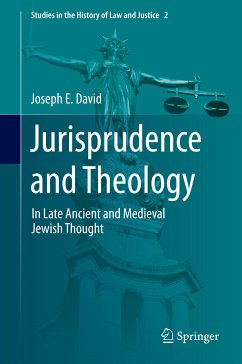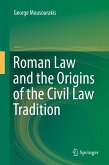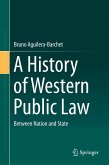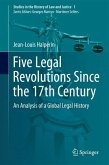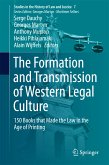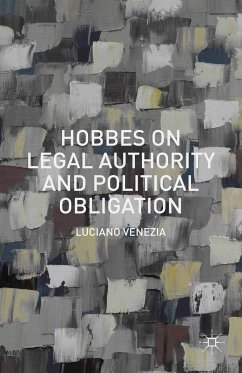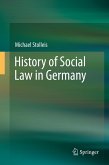The book provides in depth studies of two epistemological aspects of Jewish Law (Halakhah) as the 'Word of God' - the question of legal reasoning and the problem of knowing and remembering. - How different are the epistemological concerns of religious-law in comparison to other legal systems? - In what ways are jurisprudential attitudes prescribed and dependent on theological presumptions? - What specifies legal reasoning and legal knowledge in a religious framework? The author outlines the rabbinic jurisprudential thought rooted in Talmudic literature which underwent systemization and enhancement by the Babylonian Geonim and the Andalusian Rabbis up until the twelfth century. The book develops a synoptic view on the growth of rabbinic legal thought against the background of Christian theological motifs on the one hand, and Karaite and Islamic systemized jurisprudence on the other hand. It advances a perspective of legal-theology that combines analysis of jurisprudential reflections and theological views within a broad historical and intellectual framework. The book advocates two approaches to the study of the legal history of the Halakhah: comparative jurisprudence and legal-theology, based on the understanding that jurisprudence and theology are indispensable and inseparable pillars of legal praxis.
Dieser Download kann aus rechtlichen Gründen nur mit Rechnungsadresse in A, B, BG, CY, CZ, D, DK, EW, E, FIN, F, GR, HR, H, IRL, I, LT, L, LR, M, NL, PL, P, R, S, SLO, SK ausgeliefert werden.
"The study is contextualized within a legal theological and intellectual framework and takes account of Ancient-Medieval thought. ... This leads the reader not only into a deep understanding of its subject matter, but also facilitates and encourages new links with modern jurisprudential thought. ... This is a challenging but refreshing book of great scholarship and significance." (Jessica Giles, Oxford Journal of Law and Religion, Vol. 5 (3), October, 2016)

